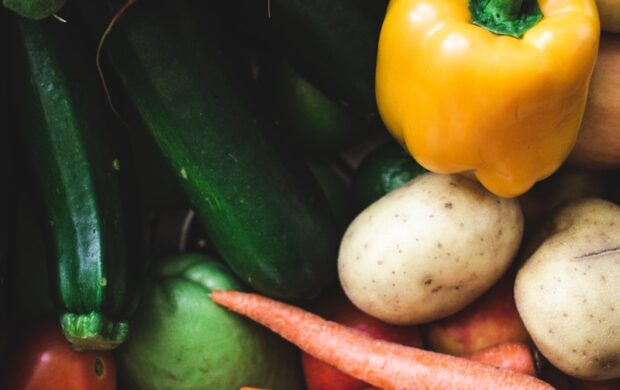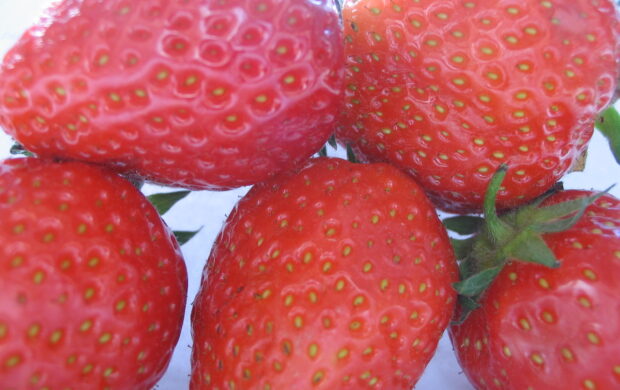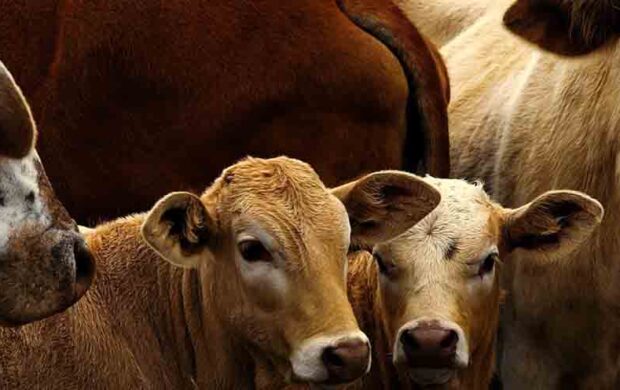Decapods (which includes crabs, lobsters, shrimp, and prawns) and cephalopods (which includes octopuses, squids, and cuttlefish) will be recognised as sentient beings under UK’s Animal Welfare (Sentience) Bill after a review concluded that there is strong evidence that these animals are sentient. The review defines sentience as having ‘the capacity to have feelings, such as feelings of pain, pleasure, hunger, thirst, warmth, joy, comfort and excitement.’

So what?
The review whose findings led to the recognition also provided recommendations on animal welfare practises, which include the banning of various inhumane slaughter methods such as boiling alive and live dismemberment when a viable alternative exists. Although the bill doesn’t affect legislation or industry practises it ensures that animal welfare is considered in future decision-making.
The move is an acknowledgement of scientific research, particularly the increase in robustness of previous findings through a review process. Although such reviews require years of continued research, observing the various ethical review processes currently in place in animal research in academia might provide a glance into possible developments in the future.
The greater adoption of such animal welfare practises might also depend on the role the animals in question play in the food culture of the region. For instance, in regions that depend greatly on seafood, the limiting of relatively uncomplicated, cost-effective slaughter practises might be more difficult to implement, and if implemented, might benefit larger actors over smallholders. The alternative protein sector is also likely to benefit, as it also forwards narratives of animal welfare alongside those of sustainability.

















Join discussion